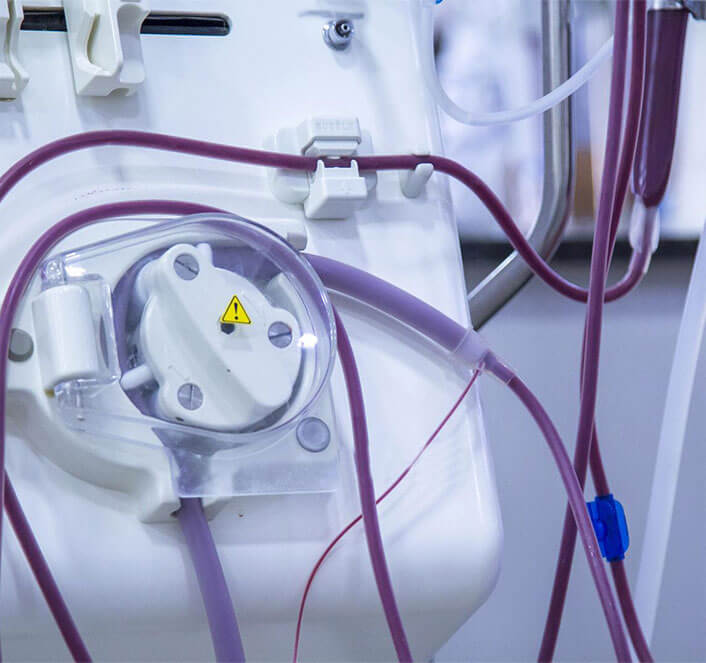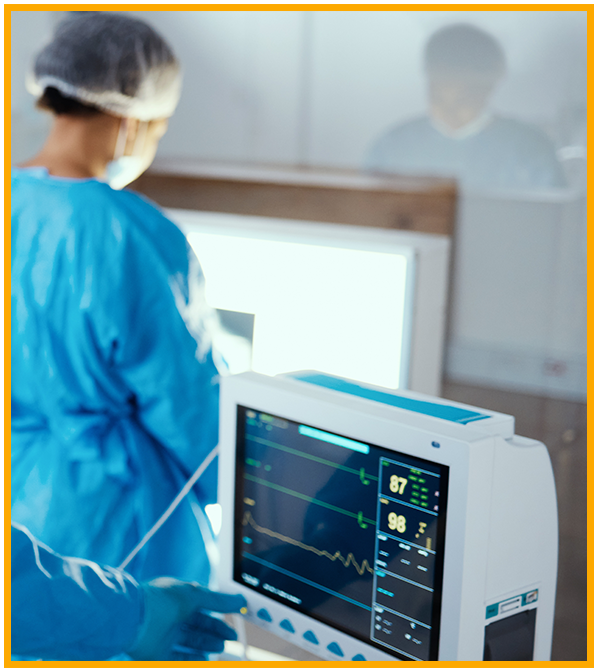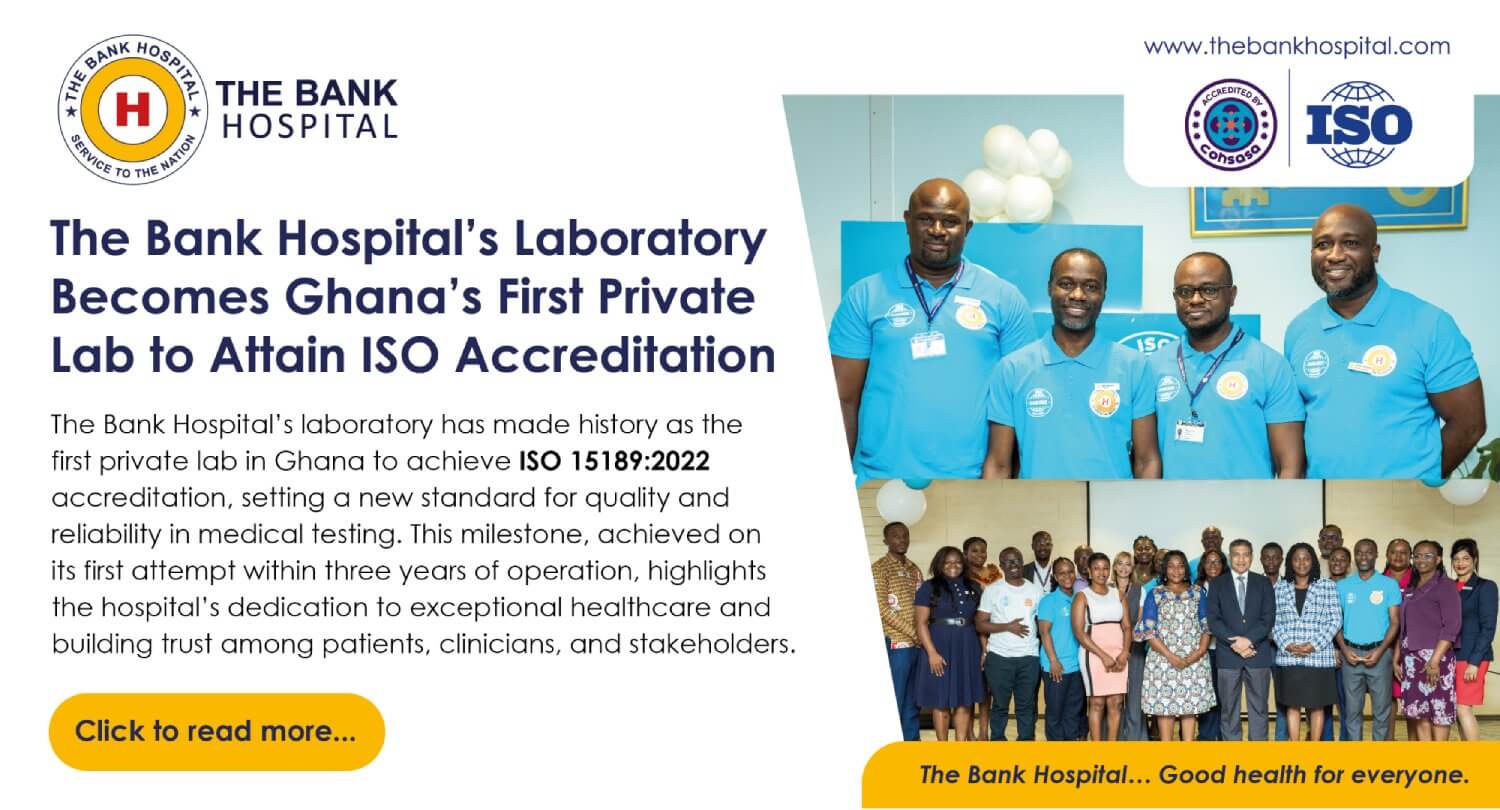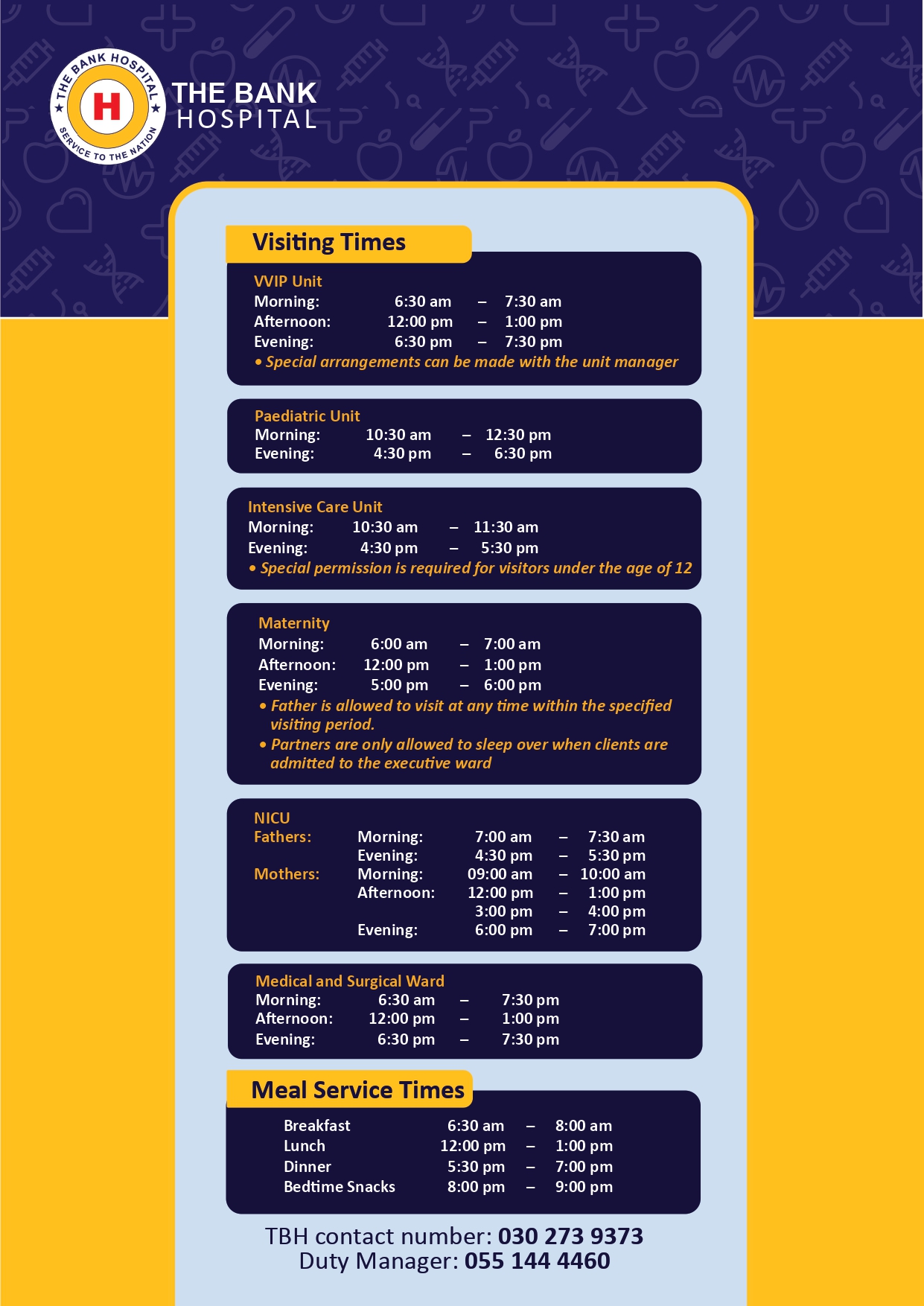We offer compassionate, patient-centred service to patients with acute or chronic renal disease.

Our team of trained, experienced professionals is dedicated to improving patients’ lives, creating a worthwhile future and providing the highest quality renal care.
Dialysis is the process of removing excess water, solutes and toxins from the blood in people whose kidneys can no longer perform these functions naturally. This is referred to as renal replacement therapy.
Dialysis is pain-free treatment, but you may experience certain discomfort when the needles are being put into your fistula or graft or during the process, some patients may have a low blood pressure which may lead to temporary vomiting, dizziness, headache or cramps.
Our trained staff will be on hand to assist you throughout your treatment. Usually, each haemodialysis treatment lasts about four hours and is done three times per week but the time needed for your dialysis depends on:
- How well your kidneys work
- How much fluid weight you gain between treatments
- How much waste you have in your body
- How big you are
- The type of artificial kidney used (equipment)
Our trained staff will be on hand to assist you throughout your treatment. Usually, each haemodialysis treatment lasts about four hours and is done three times per week but the time needed for your dialysis depends on:
Your health is our top priority. Click here to

Key Benefits
Our care team is serious about providing healthcare solutions that are effective in improving our patients’ quality of life through:
- Up to date and relevant information
- Patient and family education
- Lifestyle adjustment advice
- Wellness events and workshops

Our Commitment
We are committed to providing sustainable, affordable, high-quality care for the continuously increasing numbers of chronic renal patients.

Health Tips & Info
Kidney disease can be managed through clinical and lifestyle interventions.
- Clinical interventions are by means of medical follow-up, medication and dialysis.
- Lifestyle interventions include exercise, healthy diet, and controlling blood pressure and blood sugar levels
Stage 1
Normal kidney function with urinary or genetic anomalies. Annual check ups.
Stage 2
Mildly reduced kidney function.
6 Monthly check-ups.
Stage 3
State-of-the-art theaters designed for patients provide a comfortable and innovative environment
Stage 4
Severe.
Three monthly check ups.


